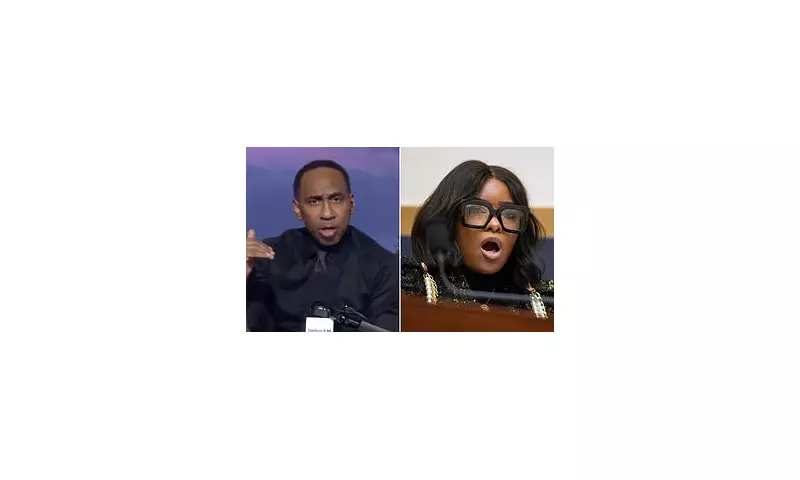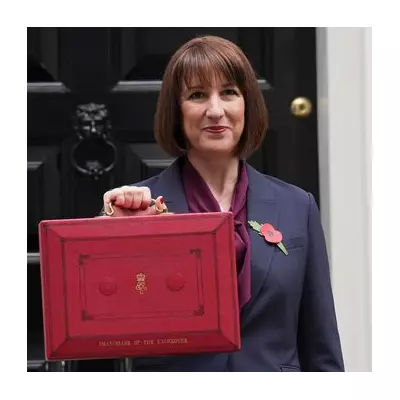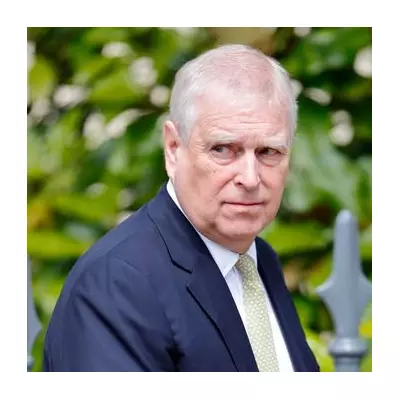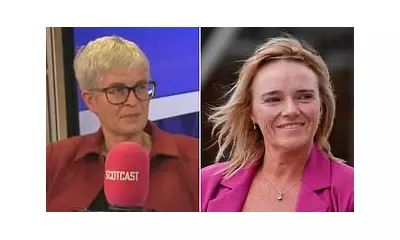
A fiery political confrontation has erupted in Westminster after Texas Democrat Jasmine Crockett employed what she described as "street language" to characterise former President Donald Trump, prompting outrage from Conservative parliamentarians.
The controversy unfolded during a heated parliamentary exchange where Croppett made inflammatory remarks about Trump's conduct, telling reporters she was using terminology that "people on the street" would understand when discussing the former president.
Conservative Backlash Intensifies
Conservative MPs have condemned the comments as "disgraceful" and "unbecoming of elected officials," with prominent Tory figures calling for greater decorum in political discourse. The remarks have sparked a wider debate about the appropriate tone for political discussions within the hallowed halls of Parliament.
Stephen Smith, a Conservative MP, led the criticism, stating that such language undermines the dignity of political institutions and sets a dangerous precedent for future political debates. "When elected representatives resort to street terminology," Smith argued, "they diminish the seriousness of political discourse and fail their constituents."
Defending the Approach
Supporters of Congresswoman Crockett have pushed back against the criticism, suggesting that her language reflects how ordinary citizens discuss political figures and that her approach brings authenticity to political conversations. They argue that political discourse shouldn't be confined to polished, academic language when discussing matters of public concern.
The incident comes amid ongoing tensions between Democratic politicians and the Trump camp, highlighting the increasingly polarised nature of transatlantic political relationships. Political analysts suggest this episode reflects broader trends in political communication strategies on both sides of the Atlantic.
Broader Implications for Political Discourse
This confrontation raises important questions about the evolution of political language in an era of heightened partisanship. As political figures navigate changing communication norms, the balance between authenticity and professionalism remains a contentious issue in modern politics.
The episode has already sparked discussions among political commentators about whether traditional standards of political discourse are shifting permanently or whether this represents an isolated incident in the ongoing political culture wars.





